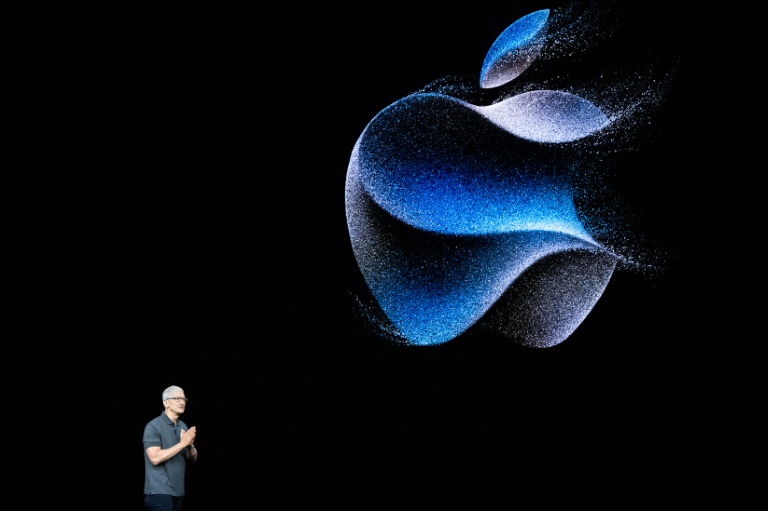Apple is prepared to open the iPhone’s ability to tap-to-pay to rivals — in the EU — after coming under fire for keeping users in its own ecosystem, the European Commission and the company said on Friday.
The commission, the European Union’s market regulator, said it was weighing Apple’s proposal, which was made after Brussels determined that the Cupertino company enjoys a dominant position in iOS mobile wallet transactions by shutting out competitors.
Such transactions rely on technology called Near-Field Communication (NFC) which allows users to tap a smartphone on a vendor’s payment terminal instead of a credit card with a microchip.
An Apple spokeswoman told AFP: “We have offered commitments to provide third-party developers in the European Economic Area (EEA) with an option that will enable their users to make NFC contactless payments from within their iOS apps, separate from Apple Pay and Apple Wallet.”
This option would be made available in the 27 EU countries plus associated countries Iceland, Liechtenstein and Norway, which together make up the EEA.
“Apple Pay will continue to be a broadly available option, and over 3,000 issuing banks across all EEA countries will still be able to offer the unparalleled privacy and security of Apple Pay, as well as its great user experience,” the spokeswoman said.
The European Commission has invited companies in the contactless payments business to comment within a month on Apple’s proposal to see if it addresses their competition concerns on getting access to tap-to-pay tech on iPhones and Apple watches.
The commission said Apple was offering to make NFC on iOS devices available free of charge, and would create interfaces so that competitors could safely store personal payment details for use in their own apps.
Only users with an Apple ID registered in the EEA would be able to make use of these outside apps, though “Apple will not prevent the use of these apps for payments in stores outside the EEA,” the commission said in a statement.
That raised a question about how consumers and regulators in non-EU markets, such as the United States, Britain and Australia might view the change, and whether they could push for similar treatment.
The commission noted that, up to now in Europe, “Apple’s iPhones run exclusively on Apple’s operating system (iOS), with which they form a ‘closed ecosystem'”.
In May 2022, the EU executive accused Apple of anti-competitive behaviour by blocking access to NFC on its phones to other companies. That resulted from a probe launched two years earlier after complaints from EU banks.
Brussels has already forced Apple to make changes to its products by legislating for all smartphones in the EU to have USB-C ports.
That saw Apple last year ditch its slower Lightning port on new iPhone models going forward — but that was a change rolled out worldwide, not just in the European market.
From March this year, Apple and five other tech giants — Google owner Alphabet, Amazon, Meta, Microsoft and TikTok owner ByteDance — will be required to abide by a new EU Digital Markets Act putting them up against anti-competitive scrutiny and tougher obligations.







